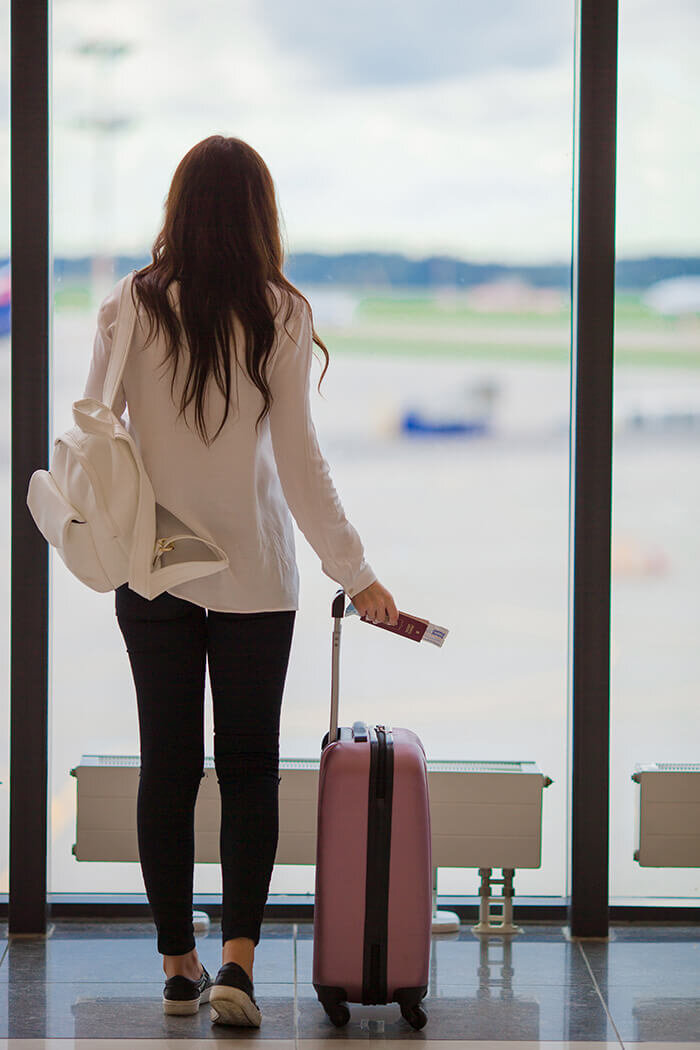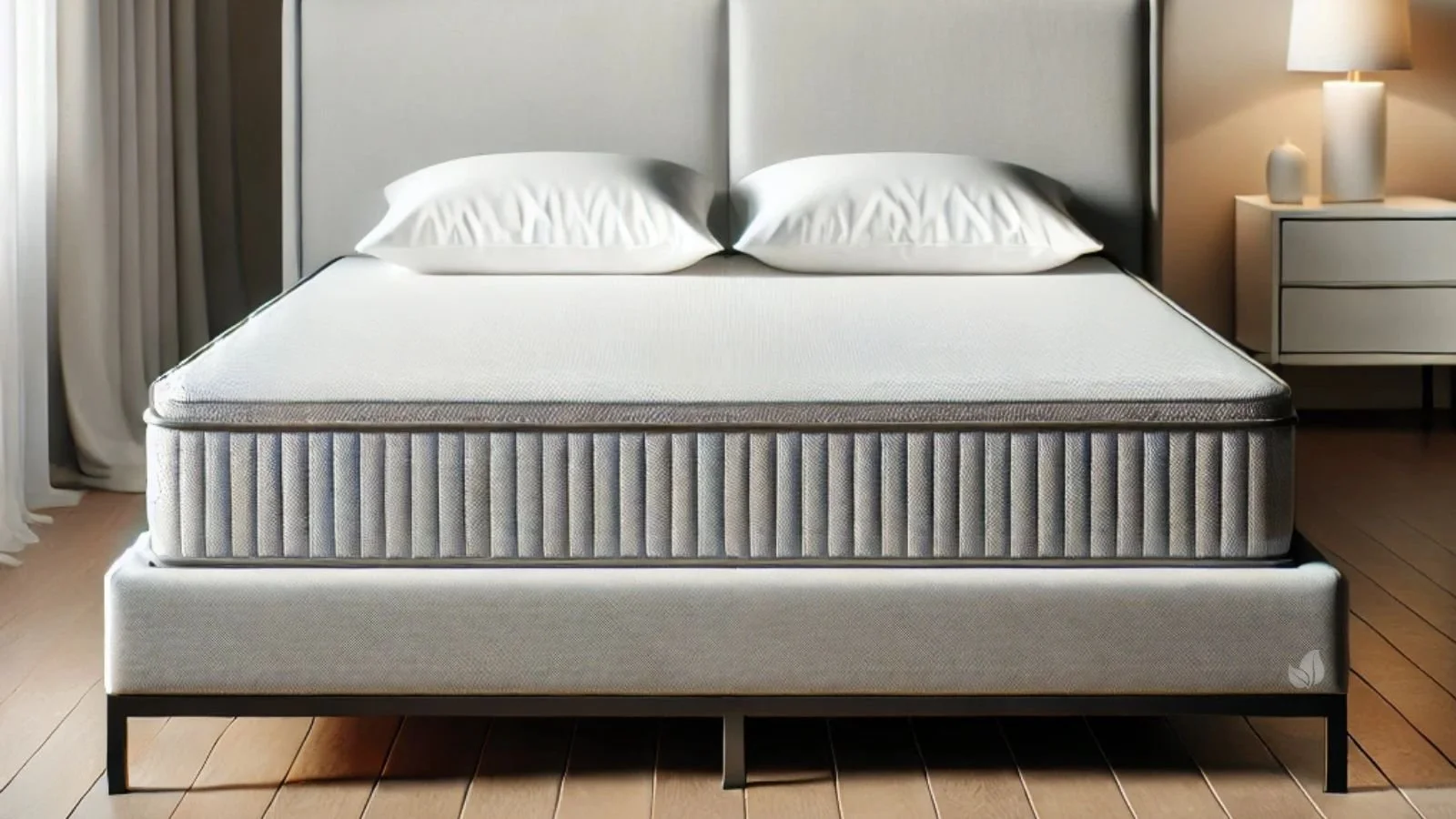Sleep Deprivation at Work: Effects on Productivity and How to Overcome It
Sleep deprivation at work is an increasingly common issue in today’s fast-paced, always-on culture. Many people work long hours, often sacrificing sleep to keep up with demands, only to repeat the cycle day after day. Research shows that this growing problem impacts employees across all sectors, regardless of income or job title.
Chronic sleep deprivation doesn’t just affect productivity—it also leads to severe physical, emotional, and psychological consequences. From impaired focus and decision-making to increased health risks, the effects are far-reaching. Catching up on sleep over the weekend or ignoring the issue is not a sustainable solution.
For organizations to thrive, they must address the impact of sleep deprivation at work by prioritizing the well-being of their employees. By fostering a culture that values rest and recovery, companies can improve performance and create healthier work environments for everyone.
How Long Can You Go Without Sleep To Function At Work
If you are one of those people who claims that “you can get by with just four hours of sleep” or “you perform better, actually, with only a few hours of sleep,” you need to change your state of mind. So how long can you go without sleep?
A recent study at Ball State University showed that more than a third of all working adults in America aren’t getting enough sleep - and the problem has gotten worse in the last decade.
The United States is seeing dangerously high numbers of chronic sleep disorder issues - which, if that weren't scary enough, are often precursors to other chronic diseases, including heart disease and obesity.
No matter who you are or what kind of job you have, the National Sleep Foundation recommends that all adults receive at least seven to nine hours of sleep each night. The numbers vary for young adults and children, who need even more sleep in order to be successful.
Professions With The Highest Prevalence Of Sleep Deprivation
While chronic sleep deprivation is an issue across the board, that are certain professions that experience a higher level of sleep deprivation. This news might scare you - especially when you consider that most of these people are relied upon to make quick and very important decisions on a daily basis in their careers. Additionally many of these individuals rely on catching up on sleep over the weekends to make up for lack of sleep.
The highest level of sleep deprivation was among police and military members (about 50% reported chronic sleep deprivation). Other top sleepy workers include those in health care support, production occupations, and transport and material moving.
Shiftwork and irregular schedules can be partially to blame for these numbers. Not working and sleeping during the same intervals each day can really wreak havoc on your ability to fall asleep when you do lay your head down on the pillow - and they can compound the effects of sleep deprivation, too.
Besides certain occupations, there are other demographics that are more prone to sleep deprivation than others. Women tend to be more likely to be sleep-deprived than men (35.5% versus 38.8%). African Americans and Asian Americans are more likely to suffer from sleep issues than Caucasians - with percentages hovering around 46.5%, 35.3%, and 34.1%, respectively.
What are the Dangers?
Communication
Sleep Deprivation in Workplace
It doesn’t matter what you do for a living - communication is vital. If you don’t get enough sleep, your communication skills are going to take a nosedive.
It’s no secret that teamwork and communication are important for the success of a team, especially if you are working in a large corporate environment or are employed in some sort of managerial role.
In one study, researchers found that communication was impacted in sleep-deprived workers in a truly unique way. They lowered the intensity of their voices, enunciated poorly, paused for inappropriate amounts of times, slurred their words, or even lost their places while they were speaking.
You could also find that you struggle to think flexibly or change your behavior based on new information or events. You’re not going to be adaptable to what other people suggest or ask of you, and that not only harms your communication skills but your overall performance, too.
You’re going to find communication significantly more difficult when you’re sleep-deprived- not only because you can’t focus long enough to string together a complete sentence, but also because your mood is going to be in the pits.
Performance
Performance Will Suffer From Lack of Sleep
Fail to get enough sleep, and your performance is going to suffer - in all areas of your life.
The American Academy of Sleep Medicine recommends that most healthy adults need at least seven hours of sleep each night (some people need eight or nine). Contrary to that recommendation, most people (with professional individuals being the most extreme culprits) are only getting a little under six and a half hours of sleep.
You might not realize the difference that the measly half an hour extra means to your performance. However, the impacts are extreme. If you aren’t getting enough sleep, you’re going to experience poorer performance.
You might have a hard time staying focused in interdepartmental meetings or take much longer than is necessary to complete basic tasks. You could even find that your creativity is stunted, making it more difficult for you to come up with novel ideas. Even worse, you are likely going to find that your motivation, decision-making, and management skills drastically decline.
Overall, this is going to lead you to being much less productive at work. That has devastating effects that can create a chicken-and-egg kind of cycle. When you’re less productive at work, you’re going to spend more time doing work at home - meaning you’re going to get less sleep because you have to bring work home.
In fact, the National Sleep Foundation found that most workers spend four and a half hours on average (which means many, many people do more than that, even) each week doing work that could be done at the office - a dangerous and frightening statistic.
If you think that you’re one of the “lucky few” that can get by on just five hours of sleep with no performance deficits, don’t be so confident. When you’re sleep-deprived, your performance will not only suffer, but you won’t even be aware that you’re suffering. This will only get worse as you lose more sleep and spend more time at work.
Distraction
If you’ve ever struggled to fall asleep at night and laid in bed for hours, tossing and turning, wishing you could get to sleep, you’re not alone.
When you suffer from sleep deprivation - particularly if it’s spread out over the long term and has become a chronic issue, rather than a one-night occurrence - you’re likely going to find it hard to focus at work, too. You may persevere on the fact that you are so exhausted - or you may persevere on other issues that have little bearing on your day-to-day life.
Spend too little time between the sheets, and you’re going to have difficulty focusing on one task. If you thought you were a bad multitasker before, just wait until you’re tired - you won't even be able to focus on one task.
Again, it doesn’t matter how “good” you think you are at cutting out sleep. Even workers who think they are laser-focused despite only two hours of sleep are fooling themselves. You simply can’t perform well at your various jobs on a limited amount of shut-eye.
Driving Impairments
Sleep deprivation can take a serious hit on your cognitive skills. Not only will your reaction time be lowered, but you’ll also suffer when it comes to your decision-making skills, perception, and overall judgment.
Several studies have shown that seventeen hours of sustained wakefulness (or a really long day in the office) has the same cognitive and behavioral effects as drinking two glasses of wine. Stay awake for a full 24 hours, and it will be like you have drunk four glasses of wine. That’s right - it will be just like you are legally intoxicated!
Some cases of sleep deprivation can even lead to increased risk-taking behavior. While that’s a good thing if you’re a NASCAR driver, that’s not the case for most careers. You will likely make riskier decisions while ignoring the potential results, gambling in your job when it’s not really wise or prudent to do so.
There are all kinds of disasters that have been caused by chronic sleep deprivation. The Chernobyl nuclear explosion and the Challenger space shuttle disaster are just two such examples.
While the results of chronic sleep deprivation are more extreme for people who need to have a quick reaction time in their professions, such as pilots, surgeons, and drivers, there is no doubt that every worker could benefit from more sleep.
Errors
Spend too much time awake, and you’re going to experience more errors in your work. These can be errors of omission (not doing something you were supposed to) as well as commission (doing something detrimental). This can cause some serious issues in any work setting, but especially in one where you need to complete time-sensitive tasks.
Mood
If you’ve ever been driving a car late at night, completely exhausted, and thought you saw an animal jump out in the road - only to find that there was nothing there - you are not alone. Hallucinations are common when you’re sleep-deprived and catching up on sleep, as are feelings of paranoia, mania, and more.
You may have outbursts or be more prone to impatience or childish humor. You might even find that you shun normal social conventions and struggle to plan for the future.
Do you really want to experience any of those symptoms on the job?
Didn’t think so.
Your moodiness and nervousness can really take their toll on your workplace performance. You’ll likely be prone to feelings like stress, frustration, irritability, pessimism, withdrawal, and even weepiness.
Poor Memory - Physical Symptoms
You might think that any side effects you experience from too-little sleep will be limited to your brain. That’s not the case. The physical impacts of sleep deprivation can be staggering.
Sure, a feeling of lethargy will likely sweep over you throughout much of the day. However, your risk of experiencing other symptoms, like palpitations, heartburn, headaches, and dizziness, are also going to increase.
There’s even evidence that chronic lack of sleep can result in a lowered immune function (meaning you’ll be more susceptible to the common cold and the flu, among other issues). In fact, shun the sheets for an extra hour of work, and you’re going to be three times more likely to catch a cold. Ironically, this will keep you out of the office even longer.
There are other potential effects, too. Habitually skimp on sleep, and your risks of developing diabetes, obesity, and even heart disease are all significantly elevated.
What to Do About It
The first step to resolving a chronically-sleepy workplace starts - as you might guess - in the workplace. Employers have a responsibility to promote good health among their workers, and should do everything they can to help their employees get enough shut-eye.
That means encouraging reasonable working hours and sticking to the recommended hours when it comes to scheduling shifts. Whenever possible, employees should be asked to keep work at work - and to take personal and sick time as needed.
We all suffer when we don’t sleep - but the impacts are even worse for people who need to make quick, life-saving (or life-altering) decisions - such as truck drivers, nurses, doctors, and policemen. Therefore, it’s important that employers in these industries focus on implementing good health promotion strategies to make sure any workers who suffer from sleep disorders are given the help they need.
If you find that you are suffering from sleep deprivation, there are a few steps you can take to remedy the situation. First, if possible, try to get to bed at the same time each night. Get up at the same time every morning. Try to resist the urge to make up for a sleep deficit over the weekends, as this can leave you more sleepy (yet unable to actually fall asleep) when Monday rolls around.
Try to get regular exercise and eat a healthy diet, and nap only when necessary. Avoid drinking caffeine in the afternoon or later, and try to limit your alcohol intake, as both can interfere with healthy sleep.
Make your bedroom a sleep sanctuary - this is important for everyone, but especially workers who engage in shift work that calls them away from their sheets during the normal sleeping hours. Your bedroom should be about sleep and nothing more. Replace the hand me down mattress from college and get a new organic mattress. Ditch the electronics and make the room as dark as possible. Get blackout curtains if you’re forced to do most of your sleeping during the day.
If you do get enough sleep but simply don’t feel refreshed when you wake up in the morning, it might be time to discuss the possibility of a sleep disorder with your doctor. He or she can help rule out any problems and help you find a solution.
If Your Career Matters To You, Sleep Should Be Important
Perhaps the worst news about chronic sleep deprivation is that it doesn’t have the same “all-or-nothing” effect that you might expect. In other words, four nights of being just slightly sleep-deprived - in other words, getting anything less than seven hours per night - is the same thing as not going to bed at all for one of those nights. So how long can you go without sleep?
The math may not make sense, but the takeaway is that sleep deprivation is compounding. That’s not all - one night with zero sleep can affect your functioning for up to two weeks later.
If your career matters to you, sleep should be held at a premium. The only way you are going to perform at your best level is to get enough sleep. Not only will this help you complete your work to the best of your ability, but it will also keep your workplace safe and accident-free.
Jessica Lauren is Founder, contributing Author and Owner of Citrus Sleep. Citrus Sleep is an online publication that highlights brands, sleep products, women’s fashion, subscription services and ideas creating positive social change and promoting a healthy lifestyle. After spending nearly a decade working in PR and marketing for several brands and startups, Jessica knows what truly drives conversions, sold-out launches and guest posts.
Follow Jessica at @jessicalaurencs | Jessica Lauren



















